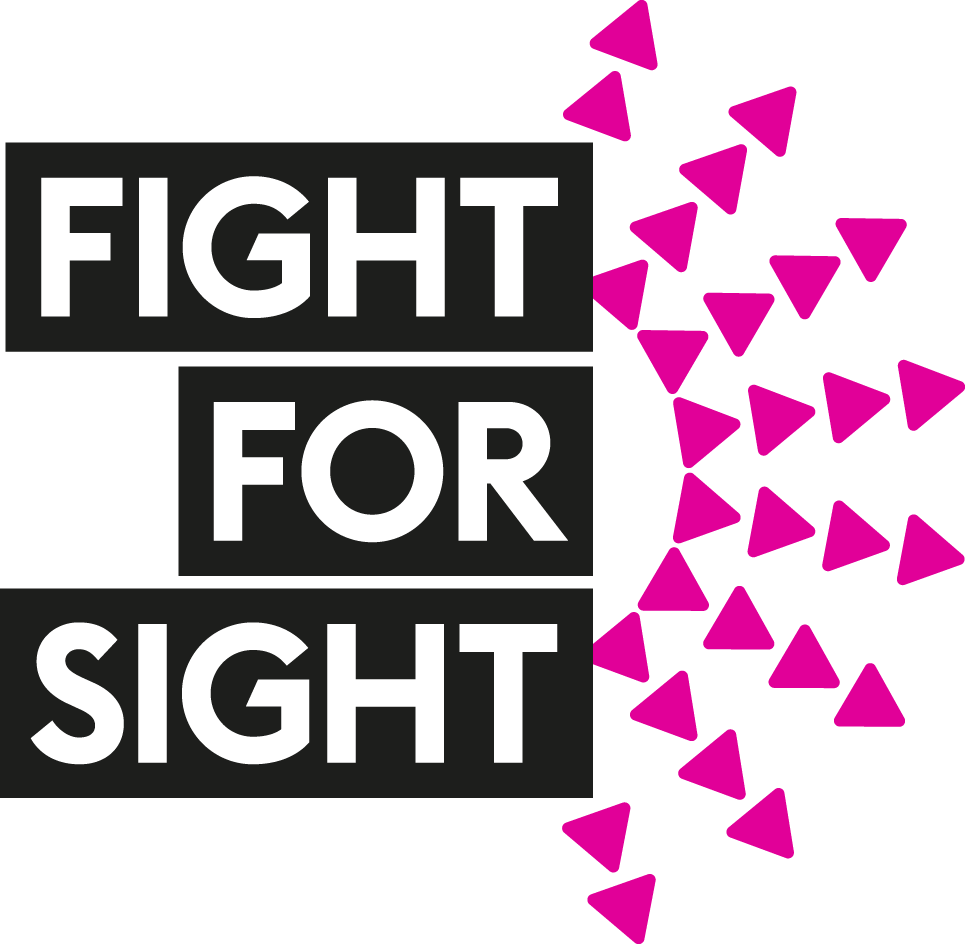Guest Blog: Dr Darren S J Ting discusses important eye care during Covid-19 pandemic

Fight for Sight Clinical Research PhD Fellow Dr Darren S J Ting from the University of Nottingham specialises in corneal infection. Here he answers questions around maintaining good eye health during the Covid-19 pandemic.
How is coronavirus related to your eyes?
Coronavirus Disease 2019, or more commonly known as COVID-19, is caused by a specific type of respiratory virus called severe acute respiratory syndrome coronavirus 2 (SARS-CoV-2). This virus is transmitted through droplets via coughing or sneezing or fomites.
Depending on the severity and the person’s immune system, COVID-19 can manifest in many ways, ranging from no symptoms or mild flu-like symptoms (in most cases) to severe viral pneumonia. In addition, a few recent reports have highlighted that COVID-19 can also affect the eyes in the form of viral conjunctivitis with symptoms of watery eyes, redness, swelling or discharge. Very rarely, conjunctivitis may manifest as the first sign of COVID-19. Whilst the ocular symptoms are usually self-limiting, affected patients are advised to seek medical advice if they develop any severe eye pain, sensitivity to light or systemic symptoms such as high fever, coughing or difficulty in breathing.
What changes can patients expect to their routine eye exam and procedures during this time?
During this pandemic, all routine eye examination and non-urgent surgeries should have been cancelled to reduce the risk of transmission of COVID-19. The Royal College of Ophthalmologists UK has also recently provided a comprehensive guidance on the precautionary measures that should be adopted by the ophthalmologists and relevant allied health professionals during the provision of eye care service.
In the event where clinical visits are absolutely essential, patients should expect that adequate protective measures are in place within the eye departments. These include adequate distancing between patients and staff, good hand hygiene, protective masks worn by the healthcare professionals, and protective shields mounted on the slit-lamp machine to minimise the risk of transmission.
For patients waiting for non-essential surgery such as cataracts, what can they do to maintain good health at home during this extended wait period?
Patients who are waiting for non-essential surgery such as cataract surgery, it is unlikely that their condition will suddenly deteriorate in a short time period. However, they should monitor their vision (one eye at a time) for any sudden deterioration or any new and unexpected symptoms such as severe eye pain, which could be a rare symptom of advanced cataract or another condition that is unrelated to the cataract.
Is it safe to wear contact lenses at this time?
As long as the precaution measures are taken, e.g. thorough hand washing and correct use of contact lens cleaning solution, contact lens wear should be safe at this time.
How can we maintain good eye health during the pandemic and avoid eye infections?
As the infection is spread through droplets and fomite, practising good hand hygiene is key to maintaining good eye health. As mentioned above, patients with chronic eye conditions should monitor their eyes (one at a time) for any sudden change in the symptoms. If in doubt, medical advice should be sought from local GPs, optometrists or ophthalmologists.
Additional useful information can also be found on the NHS website with regard to general care during this COVID-19 pandemic.
How can we treat an eye infection at home?
Infective conjunctivitis – infection of the outer lining of the white part of the eyes – generally presents as pink eyes with watery or mucoid discharge and mild discomfort. They are usually self-limiting and resolve within one week. If there is yellow or green discharge from the eyes (which usually suggests bacterial infection), antibiotic eye drops such as chloramphenicol can be prescribed by GPs, local pharmacists or optometrists. During the infective period, it is important to practise good hand sanitisation and avoid eye rubbing, contact lens wear or sharing face cloths or towels with others.
Patients should also seek medical advice if they develop any severe ocular pain, loss of vision or sensitivity to light as these symptoms suggest a more serious eye infection such as corneal infection, which is a potentially sight-threatening condition that needs to be treated immediately.


